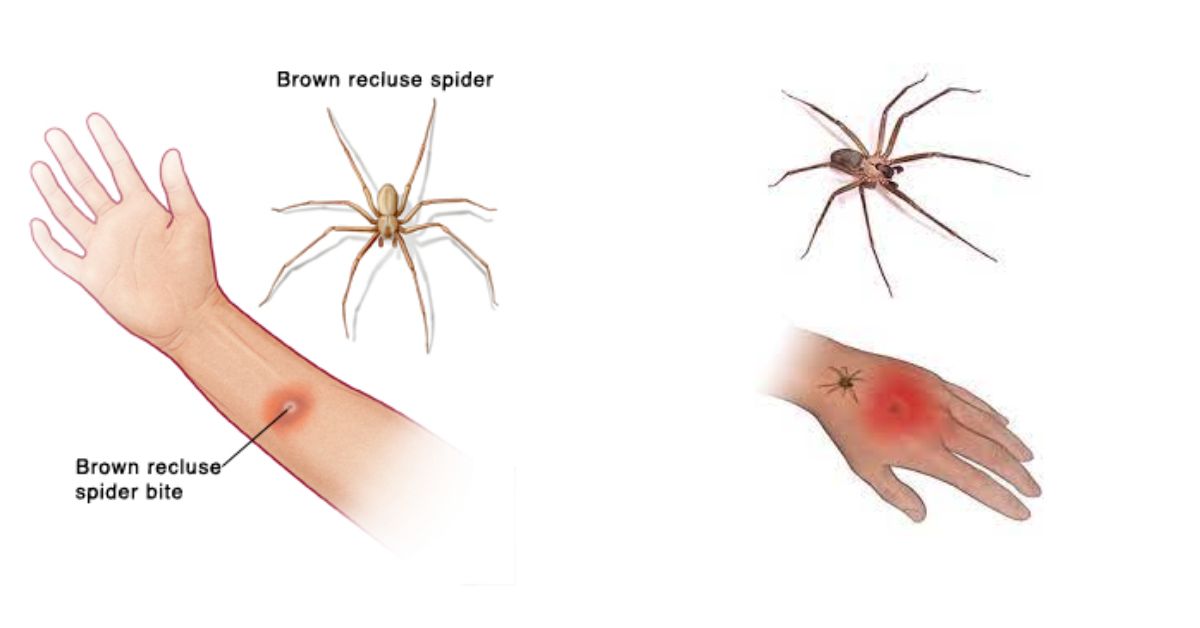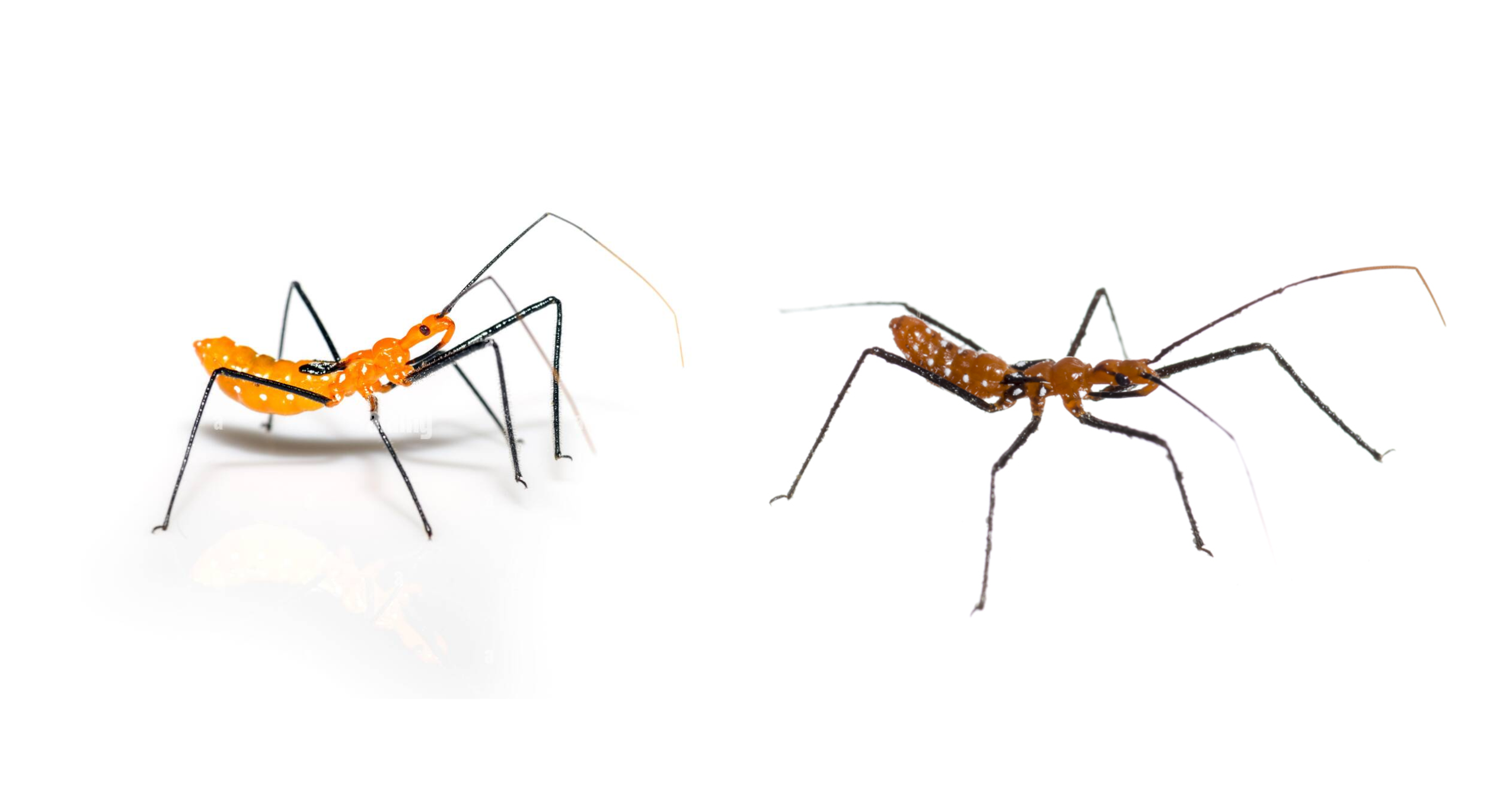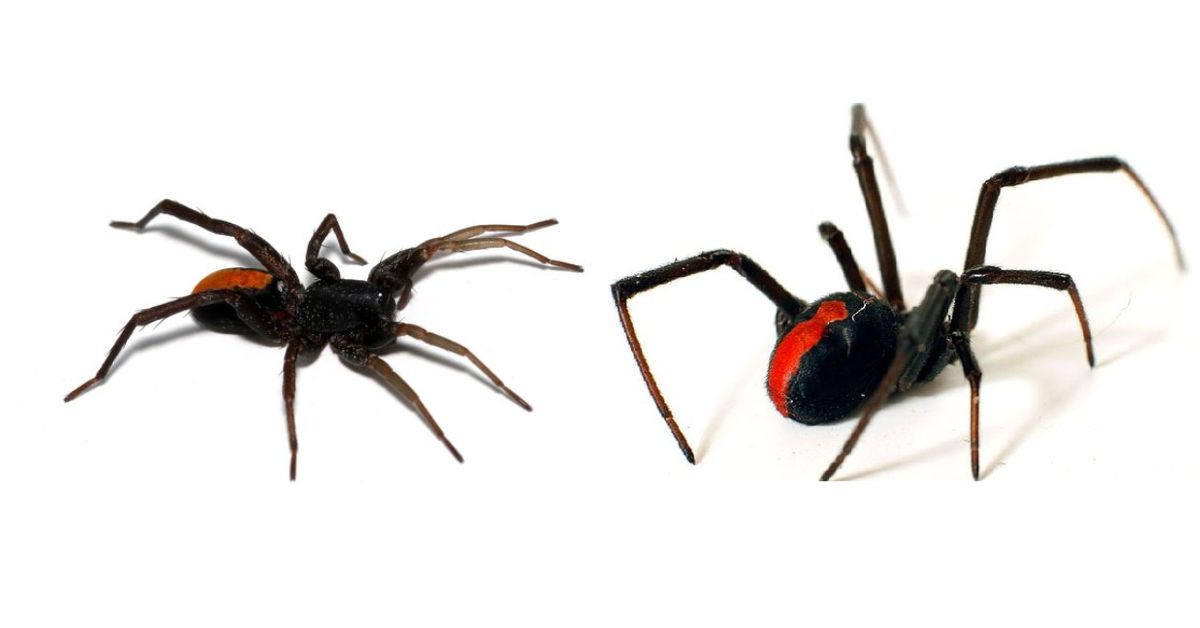Spider bites a week – those tiny, yet ominous encounters with our eight-legged neighbors, can leave us in a web of questions. How long do spider bites last? What’s the healing process like? Do we need to fear the notorious venomous ones? Let’s embark on a journey to demystify these arachnid-induced discomforts and provide you with all the answers you seek.
Understanding Spider Bites
Before we delve into the duration of spider bite healing, let’s grasp the basics. When a spider bites, it’s typically in self-defense or due to feeling threatened. While most spider bites are harmless and result in mild symptoms, there are exceptions, such as the infamous black widow or brown recluse spiders, which can deliver more potent venom.
The Timeline of Spider Bite Healing
Now, let’s get to the heart of the matter: how long do spider bites last? The answer isn’t one-size-fits-all, as it depends on several factors:
- Spider Species: Different spiders produce varying types and amounts of venom, affecting the duration of symptoms.
- Individual Sensitivity: Your body’s unique response to the venom plays a crucial role. Some people may experience prolonged symptoms, while others recover swiftly.
- Treatment: Prompt medical attention can expedite the healing process, while neglecting it may lead to complications.
Let’s break down the general timeline:
1. Immediate Reaction (0-24 hours)
In the immediate aftermath of a spider bite, you might experience pain, redness, and swelling at the bite site. This initial discomfort usually subsides within 24 hours, but the duration can vary based on the factors mentioned earlier.
2. Development of Symptoms (24-48 hours)
For some, the bite area may evolve, showing signs like blisters or a red, bullseye-like appearance, especially in the case of brown recluse spider bites. Other symptoms might include itching and a general feeling of malaise.
3. Full Healing (Varies)
Here’s where it gets tricky – the duration of complete healing can range from a few days to several weeks. In most cases, mild spider bites resolve themselves within a week or two, but severe cases, especially those caused by venomous species, might require more time.
Spider Bite Complications
While the majority of spider bites follow this timeline, complications can occur if left untreated. These complications can prolong the healing process and lead to more severe issues. It’s vital to recognize when a spider bite warrants medical attention:
Infection: An infected spider bite can cause redness, pus, and increased pain. Left untreated, it can lead to cellulitis or abscess formation.
Allergic Reactions: In rare instances, individuals can have severe allergic reactions to spider venom, leading to difficulty breathing, hives, or swelling of the face and throat. This is a medical emergency and requires immediate attention.
Secondary Infections: Scratching the bite can introduce bacteria, leading to secondary infections. Keeping the bite site clean and avoiding scratching is essential.
First Aid for Spider Bites
While waiting for professional medical advice, you can take some first aid steps to manage a spider bite:
- Wash the Area: Gently clean the bite with soap and water to reduce the risk of infection.
- Apply Cold Compress: A cold compress can help alleviate pain and swelling.
- Elevate the Affected Limb: If the bite is on a limb, keeping it elevated can reduce swelling.
- Over-the-Counter Pain Relief: Non-prescription pain relievers like ibuprofen or acetaminophen can help manage pain.
Remember, if you suspect you’ve been bitten by a venomous spider or experience severe symptoms, seek immediate medical attention.
Related Posts:
Preventing Spider Bites
The best way to deal with spider bites is to prevent them in the first place. Here are some preventive measures:
- Shake Out Clothes and Shoes: Before putting on clothes or shoes that have been lying around, give them a good shake to dislodge any lurking spiders.
- Seal Cracks and Crevices: Make sure your home is sealed to prevent spiders from entering.
- Use Bed Nets: In areas with high spider populations, bed nets can keep you safe while you sleep.
- Wear Protective Clothing: If you’re in an area where spiders are prevalent, consider wearing gloves and long sleeves.
Conclusion
How long a spider bite lasts depends on various factors, including the spider species, your individual response, and whether you seek prompt medical attention. While most spider bites resolve within a week or two, some can linger, and complications can arise. Always prioritize safety, and if in doubt, don’t hesitate to seek medical help. Remember, knowledge is your best weapon against the mysterious world of spider bites. Stay informed, stay safe, and keep those curious arachnids at bay.




